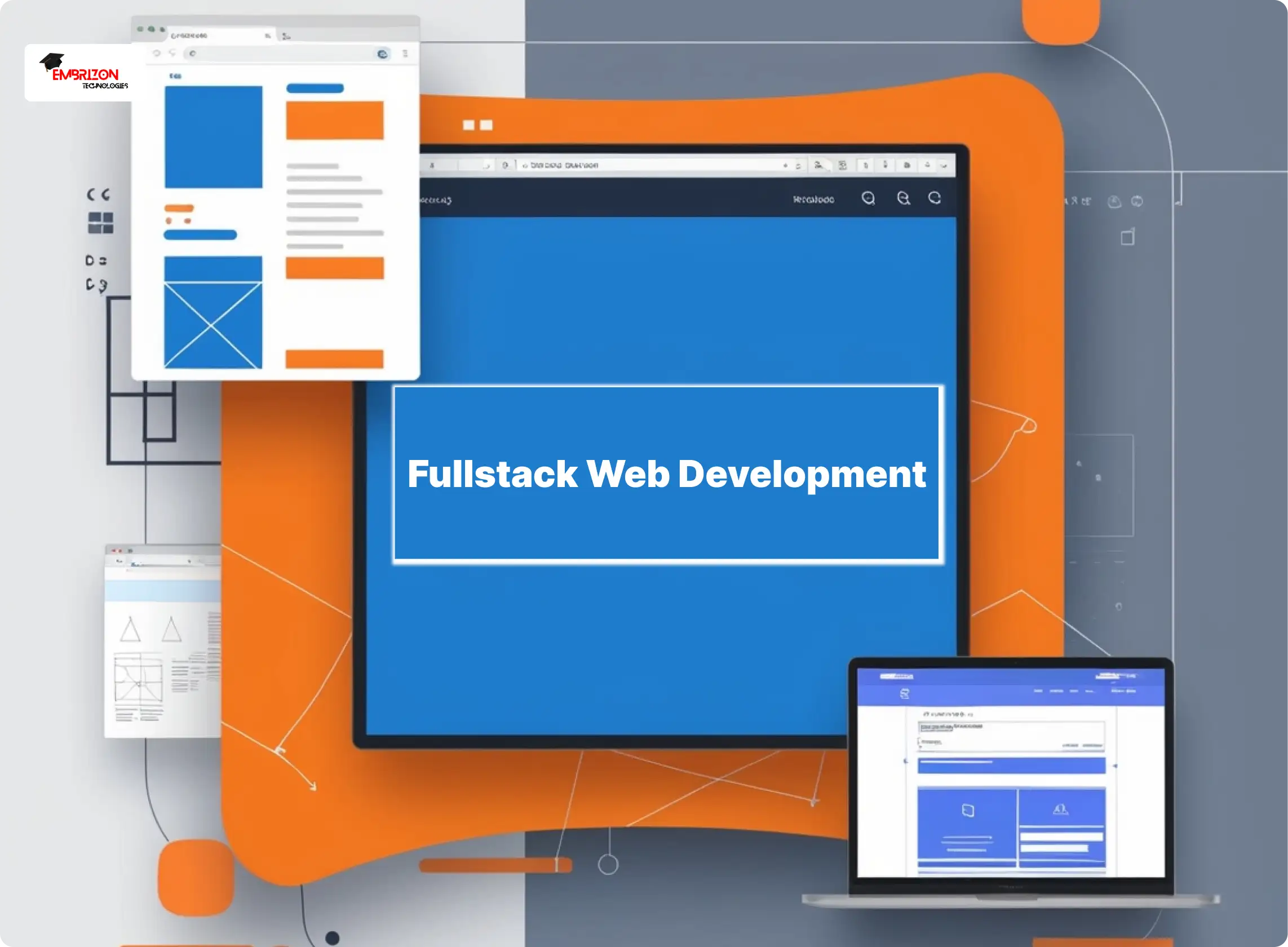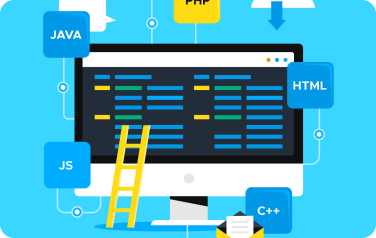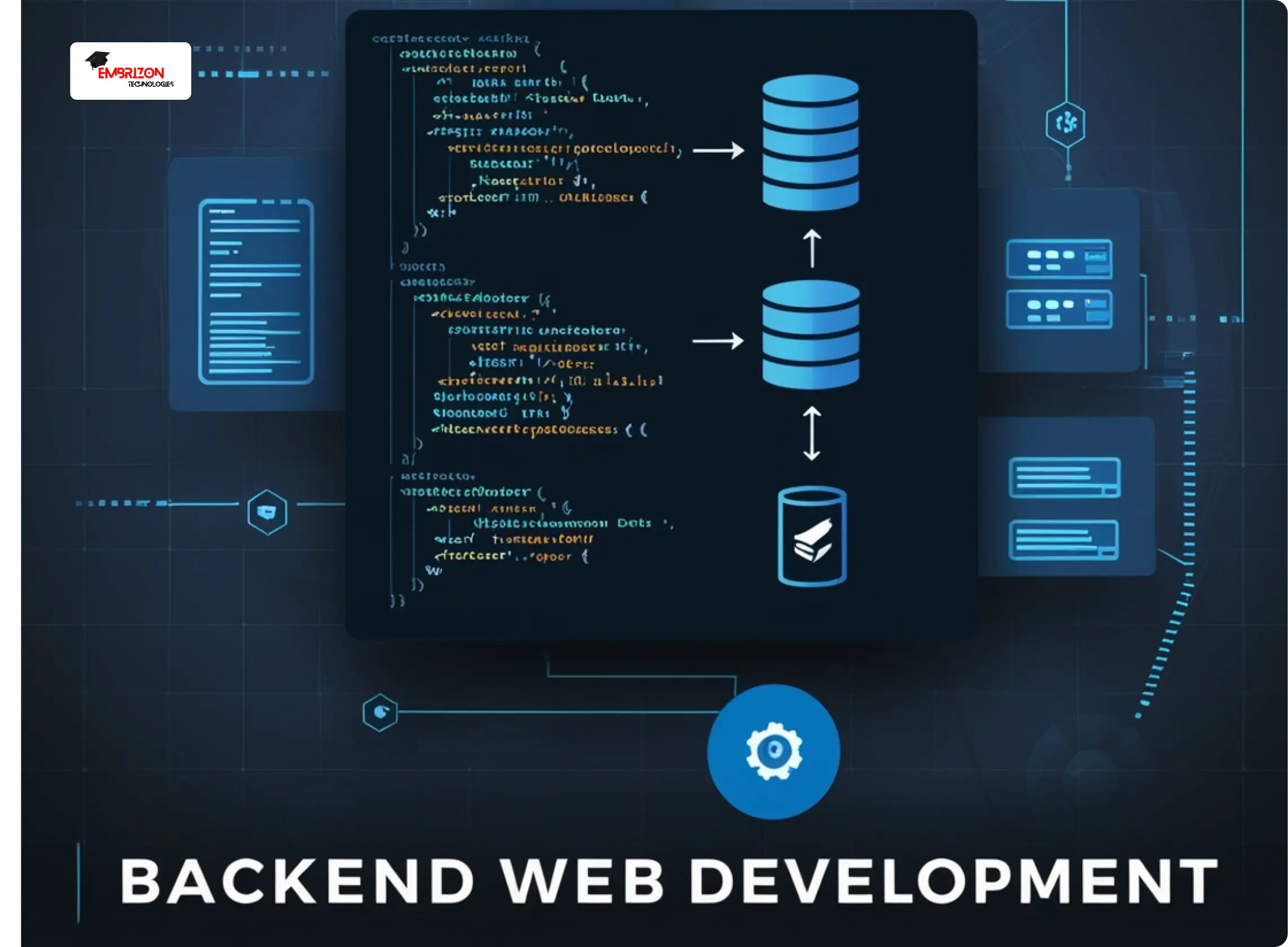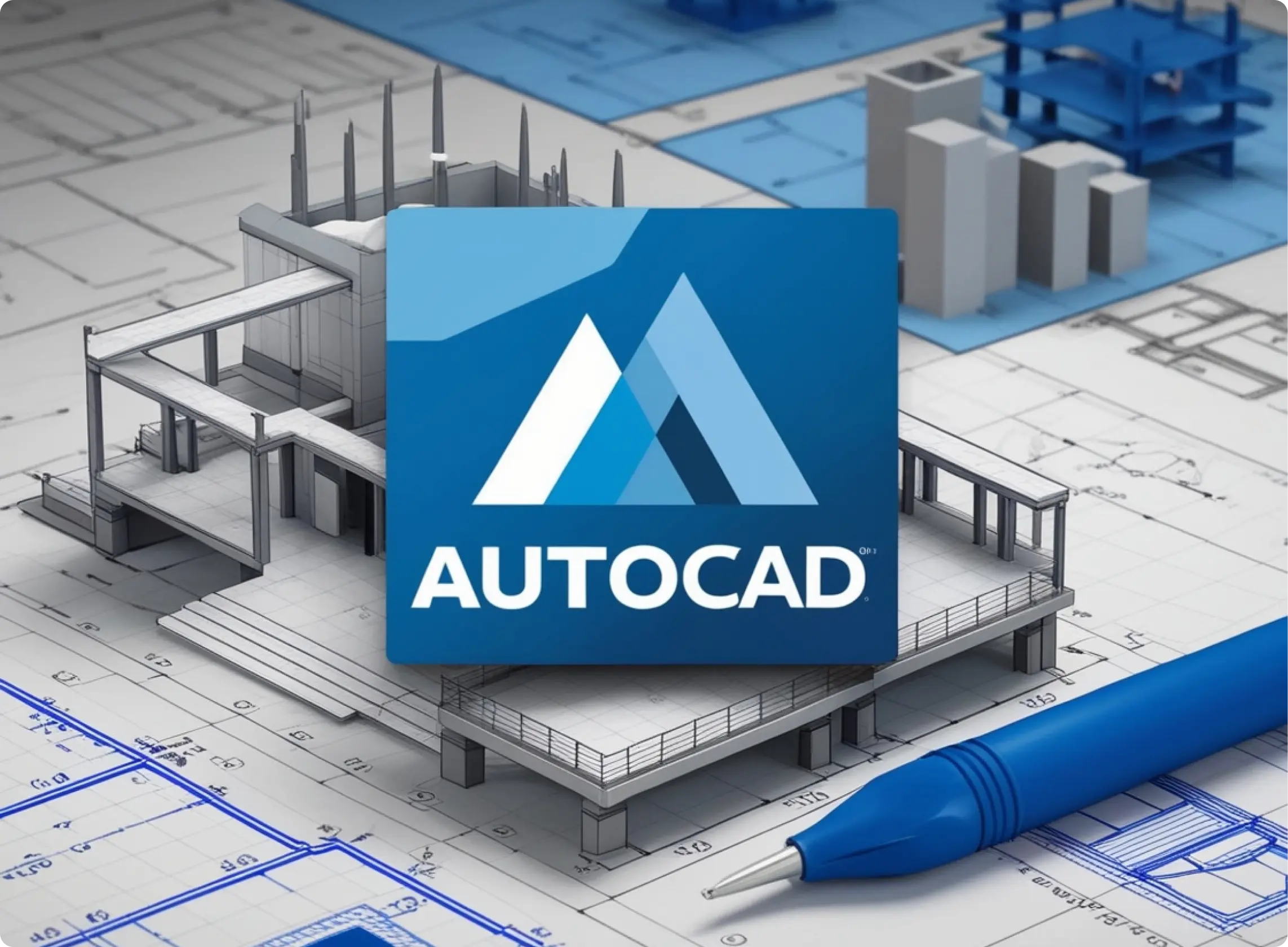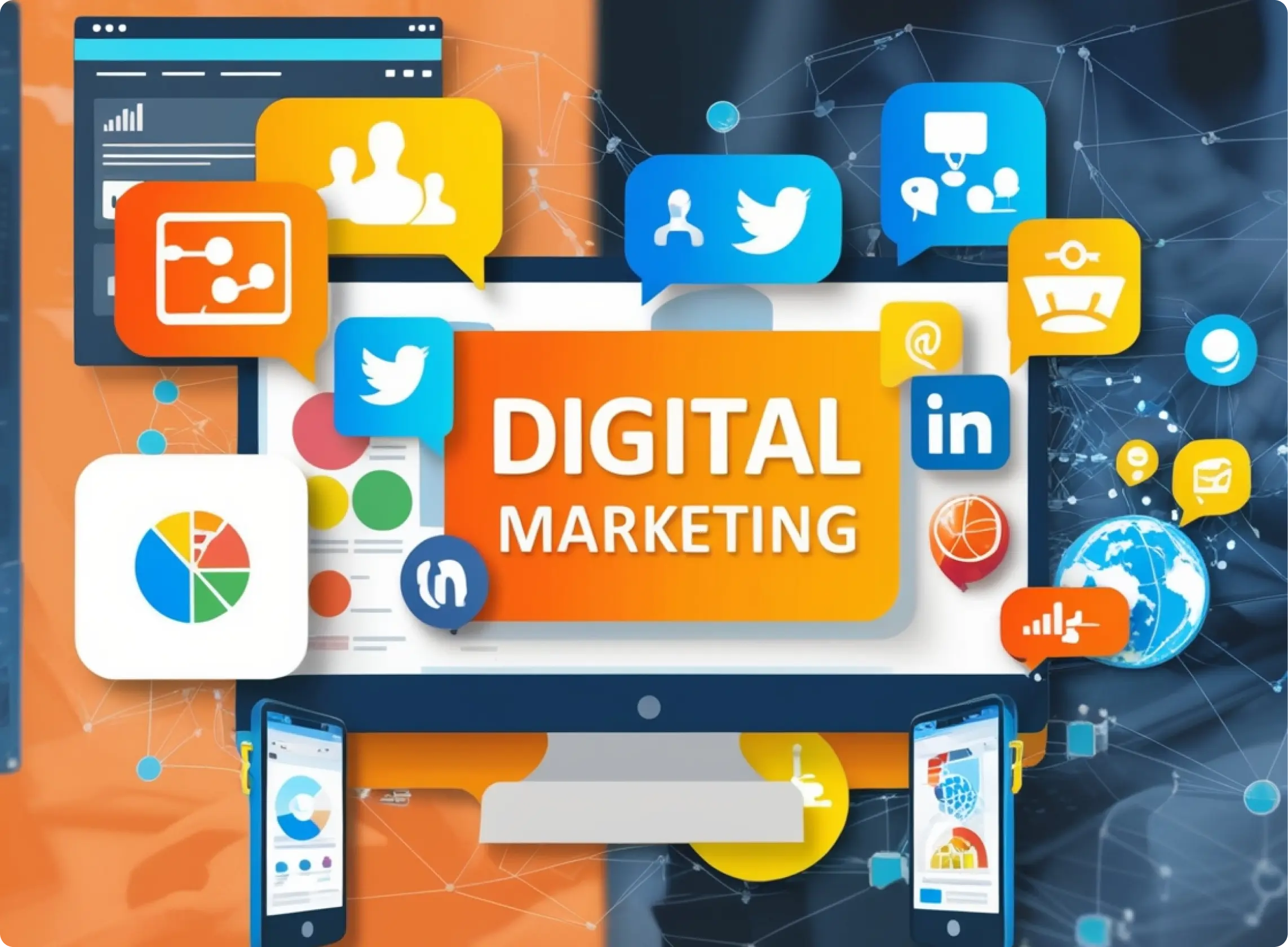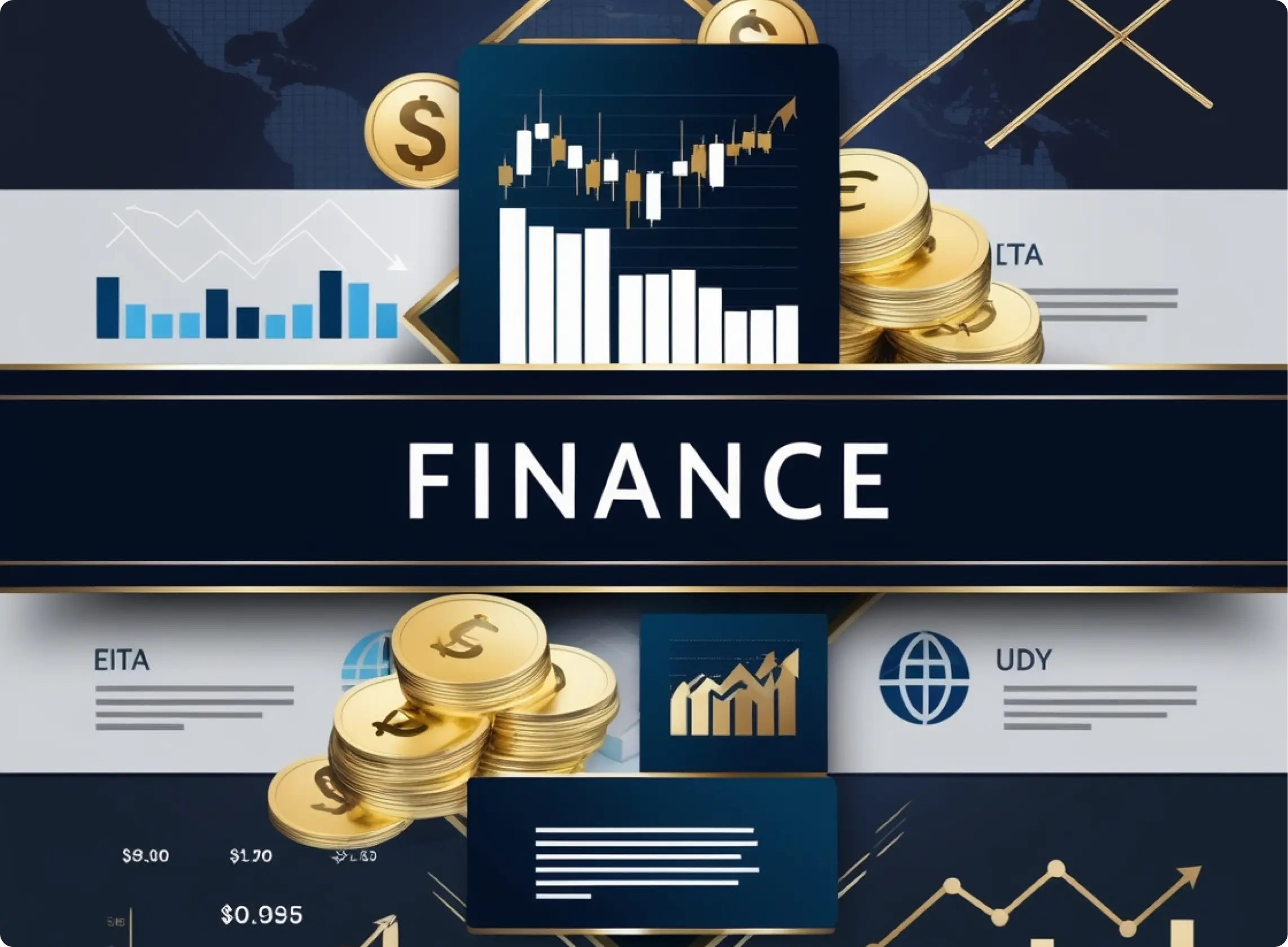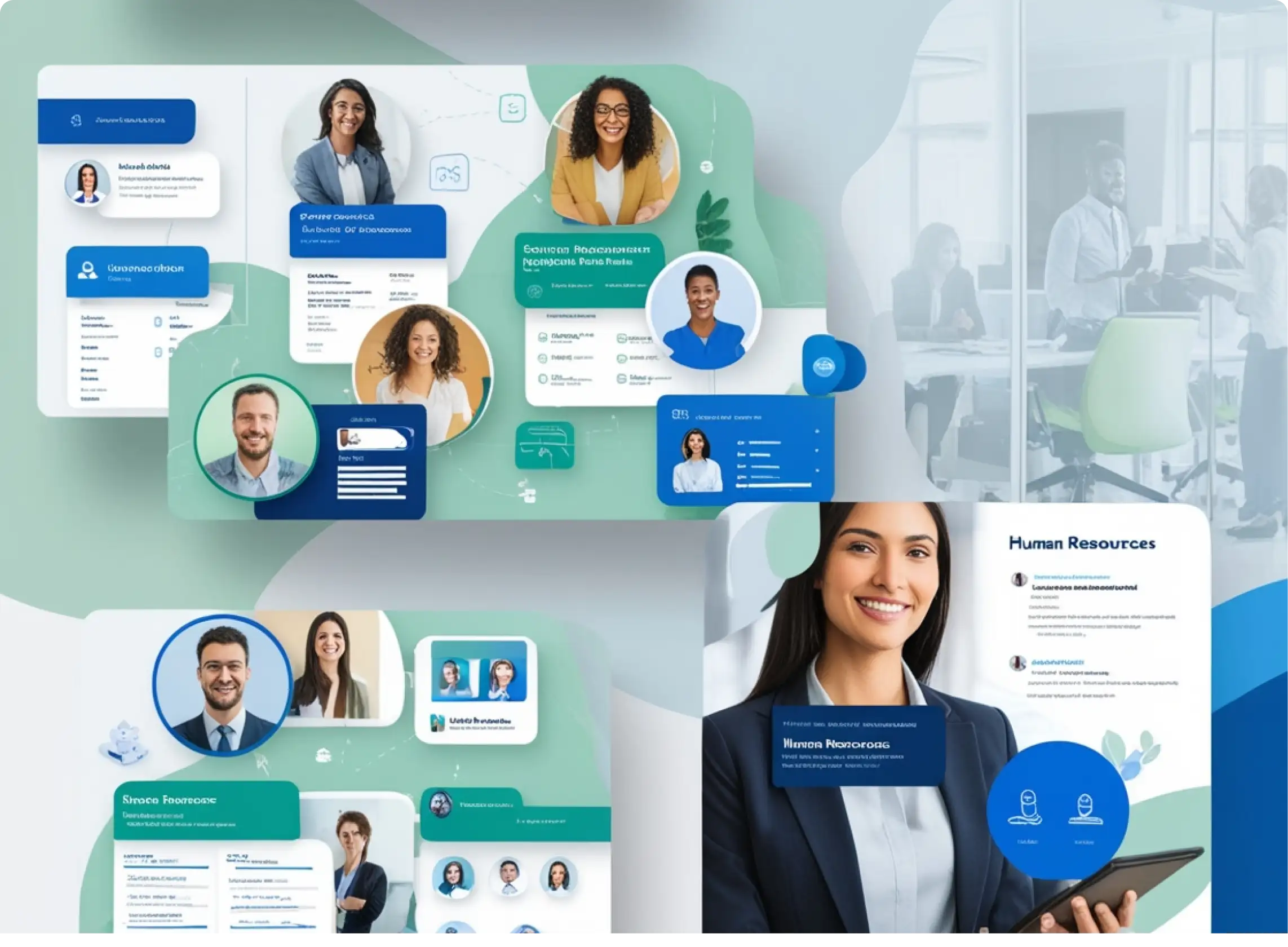
Introduction
In today’s digital age, having an online presence is essential for businesses, freelancers, and even hobbyists. But where do you start if you’re a complete beginner? Web development can seem intimidating, but with the right guidance, anyone can learn the basics. This guide will walk you through the fundamentals of web development, helping you take the first steps towards creating your own website.
What is Web Development?
Web development is the process of building and maintaining websites. It involves everything from creating simple static pages to developing complex web applications. Web development is generally divided into two main areas:
- Frontend Development: This is what users interact with directly. It includes everything you see on a website, like buttons, images, and text. Key technologies include HTML, CSS, and JavaScript.
- Backend Development: This is the behind-the-scenes part of a website. It handles data storage, server-side operations, and everything else users don’t see. Common technologies include programming languages like Python, Ruby, and PHP, and databases like MySQL and MongoDB.
Why Learn Web Development?
Learning web development offers numerous benefits:
- High Demand: With businesses increasingly moving online, skilled web developers are in high demand.
- Creativity and Problem-Solving: Web development allows you to build solutions and express creativity through design and functionality.
- Flexibility: Many web developers work remotely, offering flexibility in work hours and location.
Getting Started with Web Development
1. Learn the Basics of HTML
HTML (HyperText Markup Language) is the backbone of any website. It structures content on the web. Start by understanding the basic elements of HTML, such as:
- Headings (h1, h2, h3…): Used to create titles and subtitles.
- Paragraphs (p): For regular text.
- Links (a): To create hyperlinks.
- Images (img): For displaying images.
2. Master CSS for Styling
CSS (Cascading Style Sheets) controls the appearance of HTML elements. It’s what makes your website look good. Key concepts include:
- Selectors: To target HTML elements.
- Properties: Such as color, font-size, and margin, to style elements.
- Responsive Design: Ensuring your website looks good on all devices.
3. Dive into JavaScript
JavaScript adds interactivity to your website. With JavaScript, you can create dynamic content like sliders, pop-ups, and form validations. Basic concepts to learn include:
- Variables and Data Types: Store and manipulate data.
- Functions: Reusable blocks of code.
- Events: Actions that occur on the webpage, like clicking a button.
Choosing Your Development Tools
As a beginner, you don’t need to invest in expensive software. Here are some essential tools:
- Text Editors: VS Code and Sublime Text are popular for writing code.
- Version Control: Git and GitHub help you manage and track changes in your code.
- Web Browsers: Chrome and Firefox offer developer tools for testing and debugging.
Building Your First Website
Once you have a grasp of the basics, start building your first website. Here’s a simple process:
- Plan Your Site: Outline the structure, pages, and content.
- Write the HTML: Create the structure of your site.
- Style with CSS: Apply styles to make it visually appealing.
- Add Interactivity with JavaScript: Implement basic interactive elements.
- Test and Debug: Check your site on different devices and fix any issues.
- Deploy Your Site: Use services like GitHub Pages, Netlify, or Vercel to host your website online.
Learning Resources
There are numerous online resources to help you learn web development:
- FreeCodeCamp: Offers interactive coding lessons.
- MDN Web Docs: Comprehensive documentation and tutorials.
- Codecademy: Provides beginner-friendly coding courses.
Conclusion
Web development is a valuable skill that opens up many opportunities. While it may seem challenging at first, with practice and persistence, you can master the basics and start building your own websites. Remember, the key to becoming proficient is consistent practice and staying updated with the latest trends and technologies.
Whether you’re looking to start a new career or just want to create a personal project, web development is an exciting and rewarding field. So, what are you waiting for? Start your web development journey today!
Introduction
In today’s digital age, having an online presence is essential for businesses, freelancers, and even hobbyists. But where do you start if you’re a complete beginner? Web development can seem intimidating, but with the right guidance, anyone can learn the basics. This guide will walk you through the fundamentals of web development, helping you take the first steps towards creating your own website.
What is Web Development?
Web development is the process of building and maintaining websites. It involves everything from creating simple static pages to developing complex web applications. Web development is generally divided into two main areas:
- Frontend Development: This is what users interact with directly. It includes everything you see on a website, like buttons, images, and text. Key technologies include HTML, CSS, and JavaScript.
- Backend Development: This is the behind-the-scenes part of a website. It handles data storage, server-side operations, and everything else users don’t see. Common technologies include programming languages like Python, Ruby, and PHP, and databases like MySQL and MongoDB.
Why Learn Web Development?
Learning web development offers numerous benefits:
- High Demand: With businesses increasingly moving online, skilled web developers are in high demand.
- Creativity and Problem-Solving: Web development allows you to build solutions and express creativity through design and functionality.
- Flexibility: Many web developers work remotely, offering flexibility in work hours and location.
Getting Started with Web Development
1. Learn the Basics of HTML
HTML (HyperText Markup Language) is the backbone of any website. It structures content on the web. Start by understanding the basic elements of HTML, such as:
- Headings (h1, h2, h3…): Used to create titles and subtitles.
- Paragraphs (p): For regular text.
- Links (a): To create hyperlinks.
- Images (img): For displaying images.
2. Master CSS for Styling
CSS (Cascading Style Sheets) controls the appearance of HTML elements. It’s what makes your website look good. Key concepts include:
- Selectors: To target HTML elements.
- Properties: Such as color, font-size, and margin, to style elements.
- Responsive Design: Ensuring your website looks good on all devices.
3. Dive into JavaScript
JavaScript adds interactivity to your website. With JavaScript, you can create dynamic content like sliders, pop-ups, and form validations. Basic concepts to learn include:
- Variables and Data Types: Store and manipulate data.
- Functions: Reusable blocks of code.
- Events: Actions that occur on the webpage, like clicking a button.
Choosing Your Development Tools
As a beginner, you don’t need to invest in expensive software. Here are some essential tools:
- Text Editors: VS Code and Sublime Text are popular for writing code.
- Version Control: Git and GitHub help you manage and track changes in your code.
- Web Browsers: Chrome and Firefox offer developer tools for testing and debugging.
Building Your First Website
Once you have a grasp of the basics, start building your first website. Here’s a simple process:
- Plan Your Site: Outline the structure, pages, and content.
- Write the HTML: Create the structure of your site.
- Style with CSS: Apply styles to make it visually appealing.
- Add Interactivity with JavaScript: Implement basic interactive elements.
- Test and Debug: Check your site on different devices and fix any issues.
- Deploy Your Site: Use services like GitHub Pages, Netlify, or Vercel to host your website online.
Learning Resources
There are numerous online resources to help you learn web development:
- FreeCodeCamp: Offers interactive coding lessons.
- MDN Web Docs: Comprehensive documentation and tutorials.
- Codecademy: Provides beginner-friendly coding courses.
Conclusion
Web development is a valuable skill that opens up many opportunities. While it may seem challenging at first, with practice and persistence, you can master the basics and start building your own websites. Remember, the key to becoming proficient is consistent practice and staying updated with the latest trends and technologies.
Whether you’re looking to start a new career or just want to create a personal project, web development is an exciting and rewarding field. So, what are you waiting for? Start your web development journey today!
Tags:

